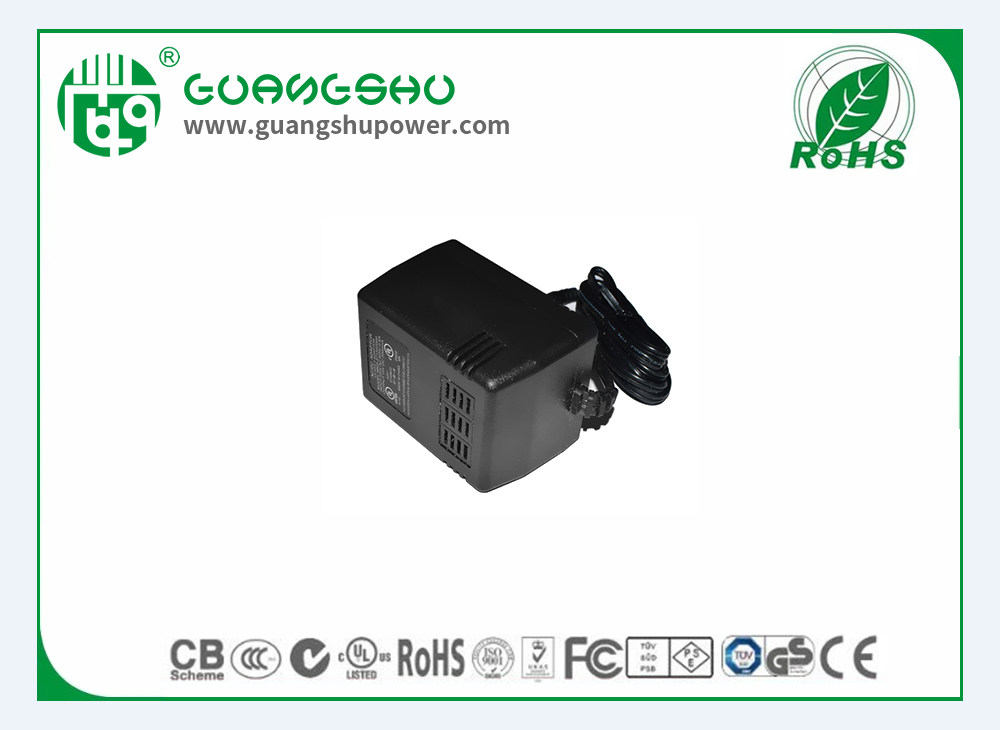Time:2024-10-15 Views:0

When choosing a power adapter, several crucial factors need to be considered. Firstly, the voltage and current ratings are of utmost importance. The power adapter's voltage must match the requirements of the device it will be powering. If the voltage is too high, it can cause damage to the device; if it's too low, the device may not function properly or may operate erratically. The current rating should also be appropriate. A power adapter with a current rating that is too low won't be able to supply enough power, while one with a much higher current rating than needed might not be cost-effective and could potentially cause issues if it has incorrect regulation.
The connector type is another key aspect. It needs to be compatible with the device's input port. There are various connector sizes and shapes, such as barrel connectors, USB connectors, and proprietary connectors. Compatibility is essential for proper connection and power transfer. Additionally, the quality and safety features of the power adapter matter. Look for certifications like UL, CE, or FCC, which indicate that the adapter has met certain safety and performance standards. A good-quality adapter will have built-in protection mechanisms, such as overvoltage protection, overcurrent protection, and short-circuit protection. The brand and reputation of the manufacturer also play a role. Well-known brands with a history of producing reliable power supplies are more likely to offer a quality product. Consider also the intended use environment. If it's for outdoor or industrial use, an adapter with rugged construction and protection against dust and moisture may be required.
Read recommendations:
33W Australian Standard Switching power supply